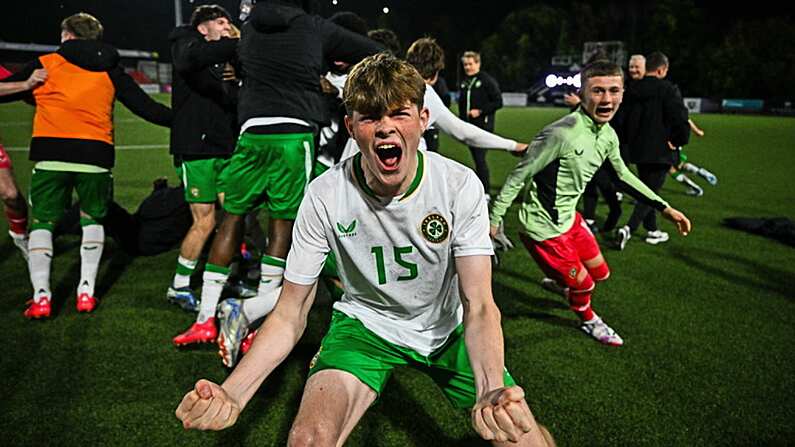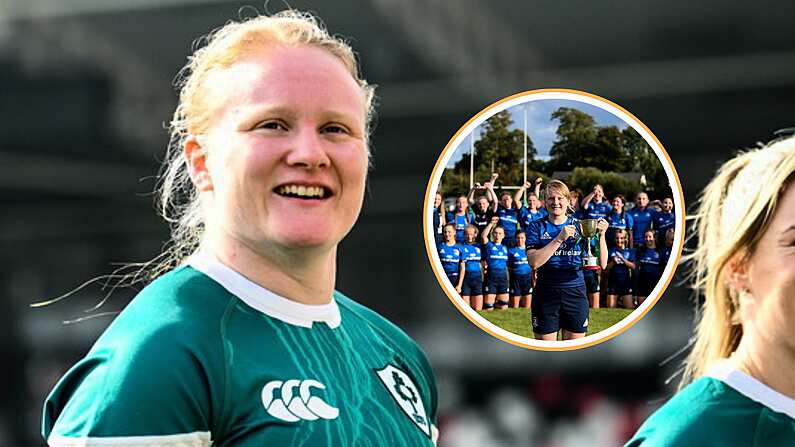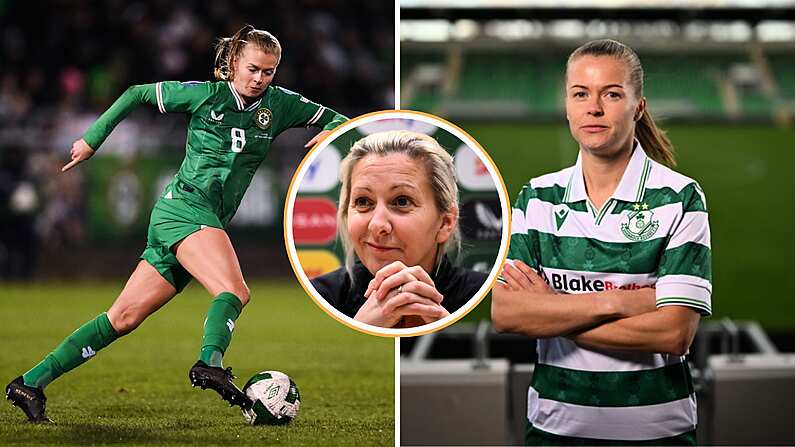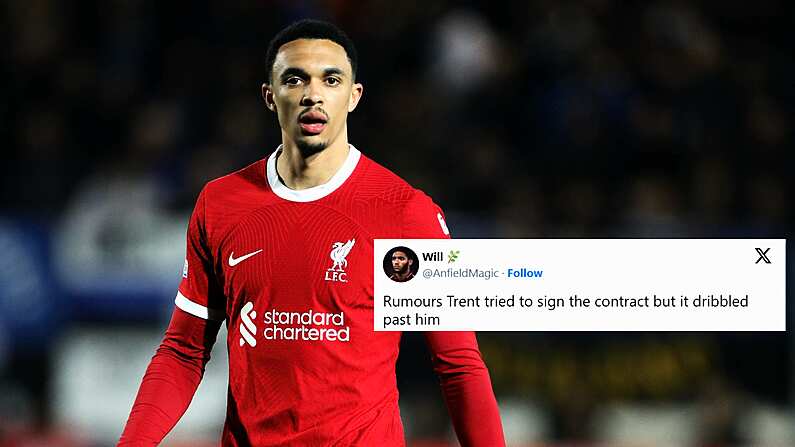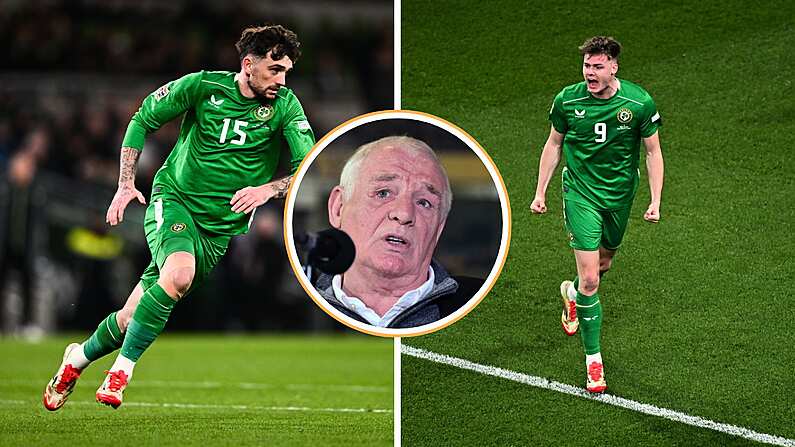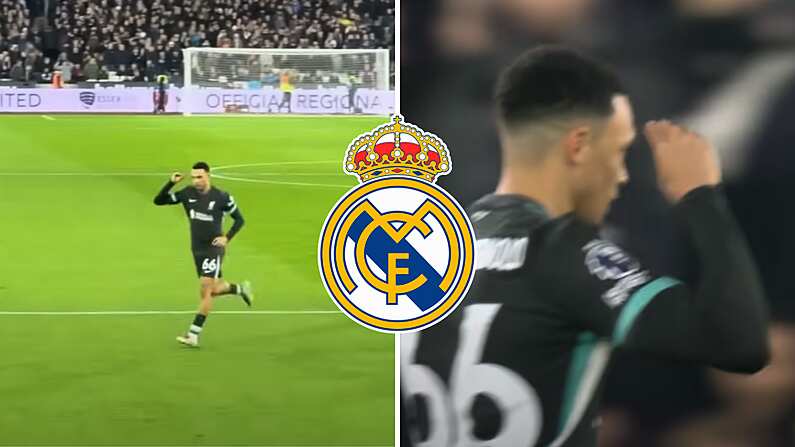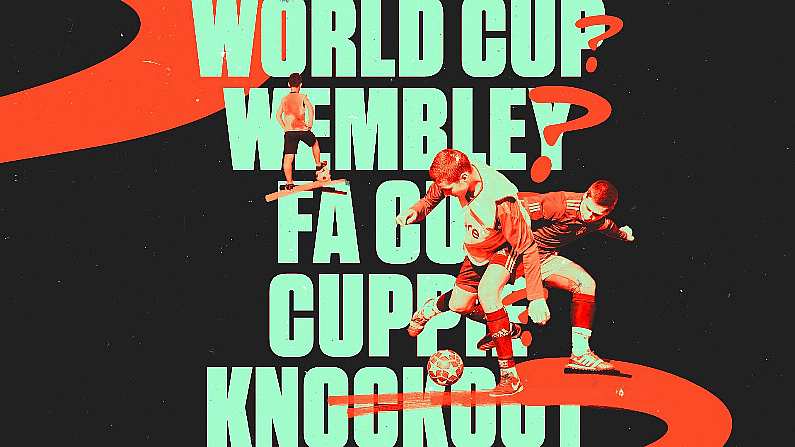Contrary to popular belief, Ireland's long history of playoff agony did not begin in Anfield in 1995, but in Paris thirty years earlier.
Ireland were to meet Spain in a November playoff. The road to the playoff was a short one and didn't entail much football. In an era of four team qualification groups, Ireland were drawn in the only three team group alongside Spain and Syria.
This subsequently became a two team group as Syria, who had only just been admitted to the UEFA family and were to quickly depart, withdrew in solidarity with the African nations, who were boycotting the tournament on the grounds that they were only allocated one qualifying spot.
Therefore, Ireland's 1966 World Cup qualifying 'campaign' consisted only of home and away games against Spain. In May, Ireland beat Spain 1-0 in Dalymount. The team contained nine English First Division players, an impressive haul for the Ireland of the 1960s.
Even so, it was a League of Ireland player, Shamrock Rovers' Frank O'Neill, who helped manufacture the Ireland goal with a swirling free kick from wide on the right.
However, the bulk of the credit must go to Spain's goalkeeper Jose Iribar, who, very helpfully, threw the ball into his own net. After he'd processed what he'd done, Iribar belted the ball away and threw himself to the ground like a Shakespearean heroine who had just witnessed the death of her lover. RTE commentator Philip Greene roared 'Look at him' again and again.
Aside from the win, which was Ireland's first over a 'major nation' in World Cup qualifying, the game was notable for ushering in the era of English born players representing Ireland. Manchester born Shay Brennan made history.
In Seville, Ireland took the lead through Blackburn's prolific striker Andy McEvoy, who was the the top scorer in the English First Division in 1963-64. With Ireland leading 1-0, an event occurred which was to prove a forerunner of things to come.
During the Giles/Hand era, Ireland became world leaders in the field of disallowed goals. And the '60s team were capable of the odd disallowed screamer. Still uncapped, Eamon Dunphy was on the bench that night. He recalls Mick McGrath having a goal disallowed for some obscure reason, which remains shrouded in mystery.
We had a perfectly good goal disallowed... It was a free kick. It was a brilliant goal. Mick McGrath scored it and that would have put us 2-0 up
Like everything else, referees' fondness for ruling out Irish goals away from home has been blamed on the FAI.
Eoin Hand, who was in the dugout for some of Ireland's most celebrated disallowed stunners, pointed out that the FAI's robust attitude towards the pampering of players also extended to referees.
I think a lot of it, looking back, was because the FAI were a shambles. They really were at that stage. And their treatment of visiting referees would have been nothing compared to way that referees or officials were treated in Belgium or France or England. So, maybe there was a little bit of that in it... 'Oh, well we wont give any decisions to the Irish...' There was that kind of feeling.
Barcelona's attacking midfielder Chus Pereda banged in a hat-trick between the 40th and the 58th minute and Ireland were heading for defeat. Zaragoza's Lepetre added a fourth a few minutes later.
Fortunately, UEFA weren't so pedantic as to consider goal difference at this point, and so a playoff would be required. One game in a neutral venue. Winner takes all.
UEFA had decided that London would be a suitable venue. This was great news for Ireland. It was anticipated that Highbury, the nominated ground, would be jammed with Irish supporters.
But then the FAI got into negotiations...
The game was to be Eamon Dunphy's debut. As with the rest of the team, his selection had little to do with the ostensible manager, Irish legend Jackie Carey.
He was a bit semi-detached. He was in a terrible position. He was given a sheet of paper with the team on it. And, unfortunately, my name was on it! (laughs) And that's demoralising. It was exactly like the thing with Billy Walsh.
It was assumed that the game would go ahead in the Irish home from home in Highbury. However, the Spanish were eager for it to be moved to Paris, a city which boasted a hefty Spanish population.
So, they presented the FAI with a proposition. The Spanish federation would donate their portion of the gate receipts to the FAI if they consented to moving the match to the French capital. 100% of the gate receipts would amount to £25,000. This was three times the annual income of the FAI, but still less than they would have received had they actually qualified.
In what amounted to a resounding vote of no confidence in their own players, the FAI decided to accept the offer from Spain, essentially granting home advantage to their opponents.
Fifty years later, Eamon Dunphy is still disgusted.
We should have been playing the game in London at the designated venue in Highbury.... That was the venue that UEFA had nominated. But then the FAI got into a negotiation with the Spaniards and we went to Paris. It was pretty shabby. It was very shabby. It was shocking really.
When you think about it in today's terms... It wouldn't happen today. When people look at John Delaney and complain about him. I think he's done a great job for the FAI but the guys who were running it in the '60s and the '70s were something else. You couldn't write them in a script.
What's different today is that it's much more transparent. I think Delaney is a very enlightened chief executive. I know he has his critics. I know he's done some gauche things.You know, throwing a hundred pound notes at people in pubs and singing songs. But the guy is a very sharp operator. And he's got us a lot of stuff. A stadium, the Euros in 2020, and that would have been unthinkable in our day. We really were a third world footballing nation. And we're not now.
Aside from the one the organisers had plonked on the roof of the stand, the Parc des Princes was a tricolour free zone. The crowd was entirely Spanish.
The only tricolour was flying over the stadium. It was just a sea of Spanish supporters...
At the time, Franco was in power. It was a kind of authoritarian state in Spain. And there were hundreds of thousands of exiles and a lot of them were in Paris. So, it was a home game effectively for Spain.
As it was, Ireland played well and held their own throughout the ninety minutes. With 11 minutes remaining, Atletico Madrid midfielder Jose Ufarte booted home the winner. Cue delirium among the 35,000 strong crowd.
It was a very, very gallant effort on the night. It was a great opportunity to get to the 1966 World Cup final. Clearly, we'd have had a much better chance in London, because of all the Irish in London.
It was just that old inferiority complex. We had some great players. I mean, John Giles, Tony Dunne, Charlie Hurley and Noel Cantwell would rank up there as some of the greatest players to ever play in England, never mind being the greatest Irish players. It's a very sad story really.
Read more: How The Greatest Irish Team Never To Qualify Were Robbed


